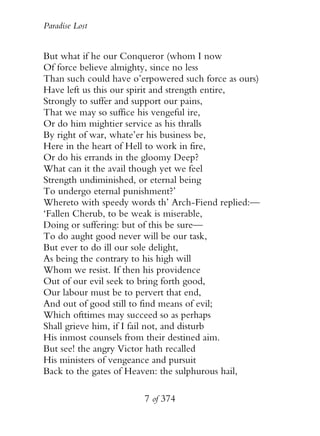

" Back to Lineĥ08] The Ionian gods are the Olympian deities worshipped by the Ionians, who stand for the ancient Greeks, descendants of Javan, the son of Japheth (Genesis 10:2), one of the sons of Noah. Homer's Iliad begins: ''Sing, goddess, the wrath of Achilles, Peleus, son, the ruinous wrath that brought on the Achaians woes innumerable and hurled down into Hades many strong souls of heroes, and gave their bodies to be a prey to dogs and all winged fowls and so the counsel of Zeus wrought out its accomplishment." Virgil's Aeneid begins: "Arms I sing and the man who first from the coasts of Troy, exiled by fate, came to Italy and the Lavinian shores much buffeted on sea and land by violence from above, through cruel Juno's unforgiving wrath, and much enduring in war also, till he should build a city and bring his gods to Latium whence came the Latin race, the lords of Alba, and the walls of lofty Rome.

The classical epic commences with a statement of the subject and invocation to the Muse. This neglect then of rime so little is to be taken for a defect, though it may seem so perhaps to vulgar readers, that it rather is to be esteemed an example set, the first in English, of ancient liberty recovered to heroic poem from the troublesome and modern bondage of riming." 1-26. Not without cause therefore some both Italian and Spanish poets of prime note have rejected rime both in longer and shorter works, as have also long since our best English tragedies, as a thing of itself, to all judicious ears, trivial and of no true musical delight which consists only in apt numbers, fit quantity of syllables, and the sense variously drawn out from one verse into another, not in the jingling sound of like endings,-a fault avoided by the learned ancients both in poetry and all good oratory. A note on "The Verse" explains: "The measure is English heroic verse without rime, as that of Homer in Greek, and of Virgil in Latin,-rime being no necessary adjunct or true ornament of poem or good verse, in longer works especially, but the invention of a barbarous age, to set off wretched matter and lame metre graced indeed since by the use of some famous modern poets, carried away by custom, but much to their own vexation, hindrance, and constraint to express many things otherwise, and for the most part worse, than else they would have expressed them. It was published in ten books in 1667 it was subsequently revised and redivided into twelve books for the "Second Edition" published in 1674. After a long interruption he re-commenced the poem in epic form, perhaps about 1657, and completed it by 1663 or 1665. Lines 32-41 of Book IV were composed about 1642, and were intended for the opening speech of this drama. 1] A drama on the Fall, entitled "Paradise Lost,'' was planned by Milton in 1640-42.


 0 kommentar(er)
0 kommentar(er)
